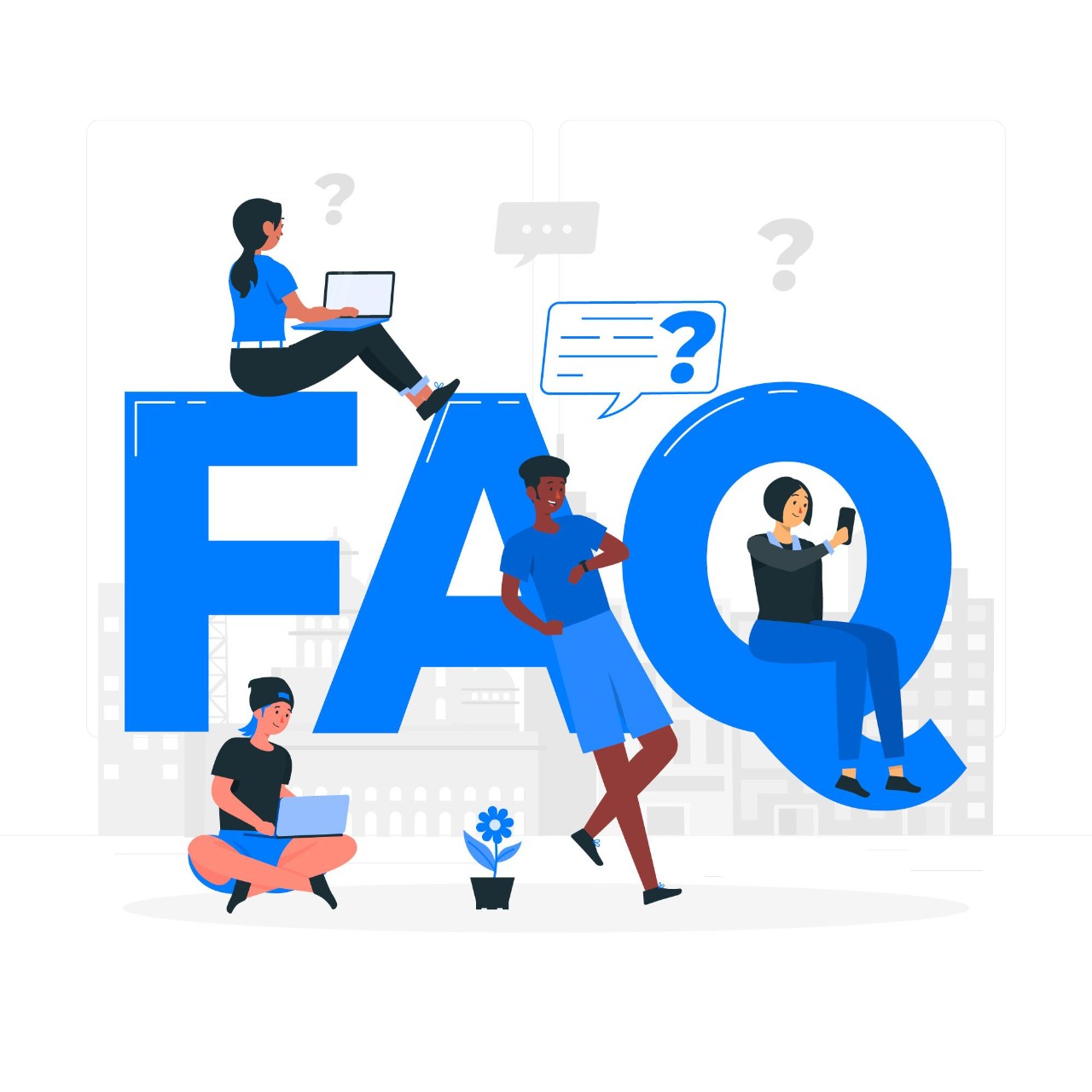Pay Per Click
Ppc: Pay-per-click, sometimes known as PPC, is a method of online marketing in which advertisers pay a charge each time one of their adverts is clicked. Simply put, you only pay for advertising if someone clicks on your ad. It's simply a way of 'buying' internet views in addition to driving organic traffic to your site. Search engine advertising is one of the most common types of PPC, as it allows advertisers to pay for ad placement in a search engine's sponsored links. When someone searches for a keyword linked to their business, this method works. If we bid on the keyword 'Google Shopping Management,' for example, our ad may appear at the top of the Google results page.
Increased Traffic! More sales! More leads!
Prepare for a surge in business, with more traffic, leads, and sales. All of this at a reduced acquisition cost! We will generate a better Return on Ad Spend (RoAS) than you have ever seen before by properly employing all Ad channels. What’s included in PPC Services?
- Keyword Discovery and Selection
- Ad Text Creation
- Help with Optimizing Landing Pages
- Bid Management
- Conversion / Call / Sales Tracking
- PPC Monitoring & Reporting
Why Should You hire MDGCI For PPC?
1. Other Marketing Channels Work Well With PPC:
Content marketing has taken over the digital marketing industry, and most organisations now have content plans and calendars. Google Ads is an engine that may drive users to content more rapidly and boost the ROI on your content investment when you spend in creating original and distinctive content to support the consumer buying cycle and develop thought leadership positioning. PPC and SEO complement each other nicely because the impressions and traffic opportunities are generally targeted at the same individuals — those who use Google to look for information, services, or products.
2. Exceptional Targeting Options:
In Google Ads, many advertisers use a multi-layered approach to test and assure complete coverage across the networks and targeting types that can help them acquire brand awareness. This includes anything from employing text advertisements to target keywords, retargeting ads based on prior activities, to focusing on specific audience demographics on the display network. You can ensure that the full scope of Google Ads is used and that you're getting as many impressions as possible while staying targeted to the personas in your intended audience by experimenting and trying out a combination.
3. Marketing Data in Abundance:
While Google Ads provides a wealth of statistics and performance metrics, the value of the information acquired extends beyond PPC success. For each keyword, statistics on impressions, clicks, and conversions can be used to inform SEO strategy and content marketing initiatives. You may also utilise the built-in keyword and display planner tools to figure out where your target audience is. You may also use third-party tools like SpyFu, KeywordSpy, and iSpionage to cross-reference where your competition is to construct a strong profile of who you're up against and how much market share you can gain.
4. PPC Assists You in Achieving Your Business Goals:
This is typically the most compelling reason to use PPC advertising. PPC can help you accomplish a variety of business and marketing goals. From high-level brand exposure and thought leadership to a hot lead submission or an ecommerce purchase, these goals can be achieved. Almost any type of conversion objective can be tracked. PPC is a good way to match website traffic sources with desired outcomes. In the age of content mavens, PPC may foster the middle ground of nurturing and serving the middle of the funnel by advertising content downloads, email signups, contest submissions, and pushing for app downloads.









